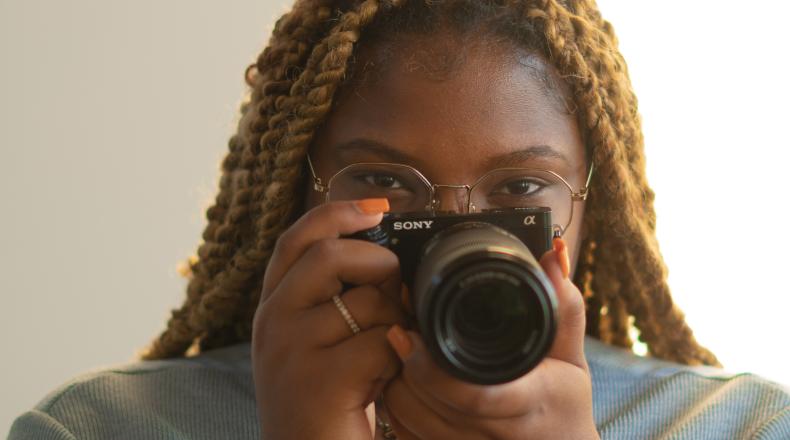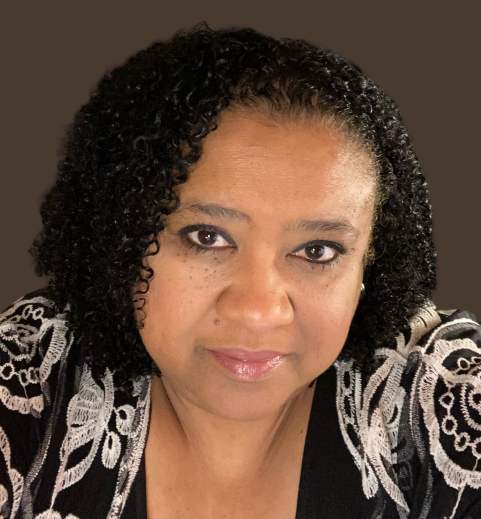History Has Its Eyes on Us

Black History Month, celebrated in both Canada and the United States, is a time to recognize those Black individuals who have influenced the course of history. Many were the “first” in their accomplishment. I am honored to write today as the first Black woman to serve as chair-elect of the AFP Global Board.

But as exciting as this milestone is, getting here has not been easy. I stand on the shoulders of giants in the fundraising profession who paved the way: The many Black heroes and sheroes, seen and unseen, the history-makers who have left their indelible mark on the nonprofits they’ve served, the emerging professionals they’ve mentored, the policies they’ve influenced, and the change they’ve made in the sector. I arrived here because of their perseverance, commitment and willingness to be the first and sometimes the only—but never the last.
So when it comes to the history of the fundraising profession, I am dismayed at the thought that Black people are relative newcomers. Not so. There is an entire generation of Black fundraisers, nonprofit organizers, and philanthropists in the U.S. and Canada who have contributed significantly to the beginnings of the nonprofit sector.
Early in American and Canadian history, Blacks were excluded from participating in public and private entities that were created to assist the white majority. They began building their own religious, business, and educational institutions out of sheer necessity, and these organizations raised their own financial support.
An example is the Hour-A-Day Study Club, one of the longest-running, nonprofit, female-driven organizations in Canada. Established in 1934, it provides African-Canadian youth who are descendants of the Underground Railroad with scholarship funds to help finance their post-secondary education. Another is the United Negro College Fund, founded in 1944 to provide a consistent stream of funding to small Historically Black Colleges and Universities scattered across the American south. UNCF raised $760,000 in its first campaign effort, the equivalent to nearly $12 million today. These are two of the countless examples of early fundraising conducted by Blacks in the U.S. and Canada.
Today, we are suffering from a shortage of fundraisers of color at a time when the future of the profession as a whole is in trouble. The profession is at risk of not having the fundraisers needed to meet the growing challenges nonprofits will face over the next decade. According to AFP’s 2019 report on membership demographics, only 9% (approximately) are people of color.
This shortage of diverse professionals has broader implications for philanthropy at large. Organizations that do not embrace diverse perspectives limit themselves to traditional wealth networks and outdated points of view, leaving them unprepared to engage diverse donors.
To advance true equity, I encourage us to commit to inspiring and educating a new generation of diverse fundraising professionals and motivating them to join the industry. When I asked Andre Dowell, a Black emerging fundraising professional, to share his thoughts on the barriers to success in the field, he noted:
“… there is a lack of understanding from organizations that professionals of diverse experiences have to be comfortable walking through the door. Diverse talent has to see themselves living, growing and thriving within the organization and not feel like a guest.“
We have work to do to grow the pipeline and create a diverse and inclusive industry. So, pledge to do something this month or over the next year to change the current trajectory. Invest in the future of our profession with a commitment to a new generation of fundraising professionals of color across the globe. Let’s make history that will be celebrated in the years to come.
Birgit Smith Burton is the executive director of foundation relations for the Georgia Institute of Technology Office of Development in Atlanta and the chair-elect of AFP Global.



